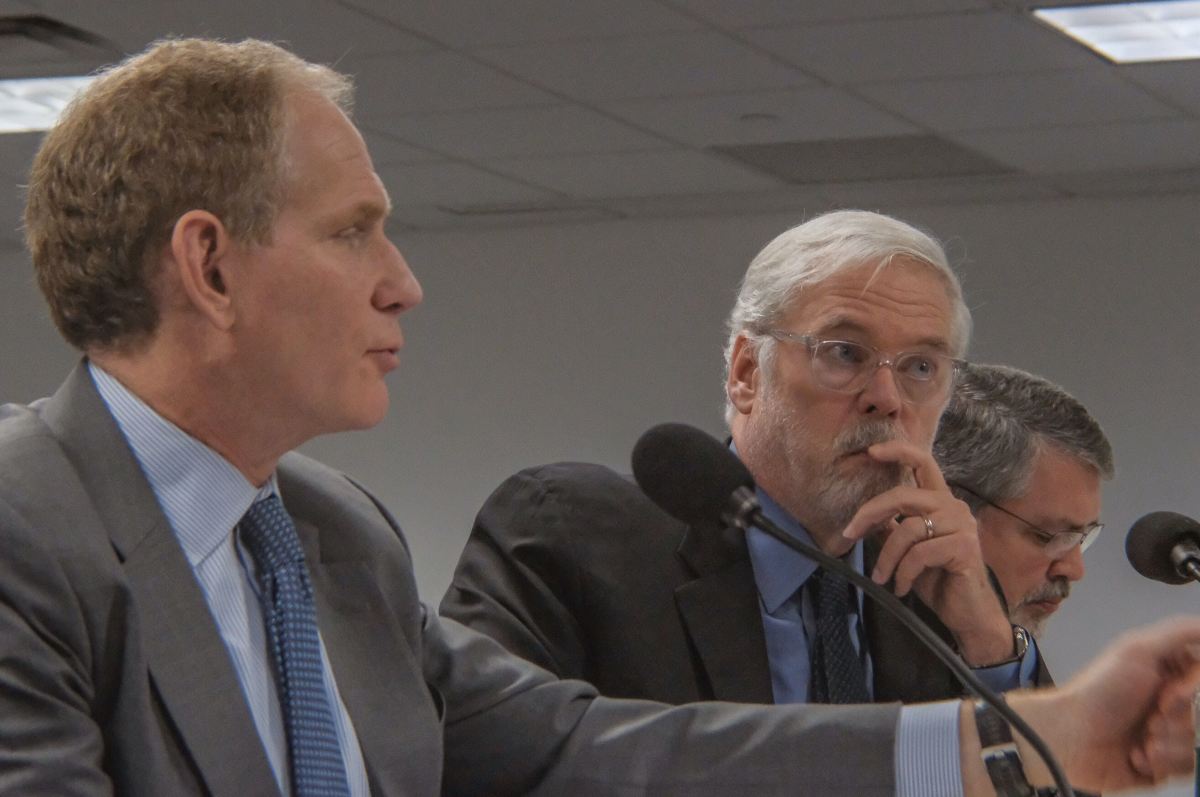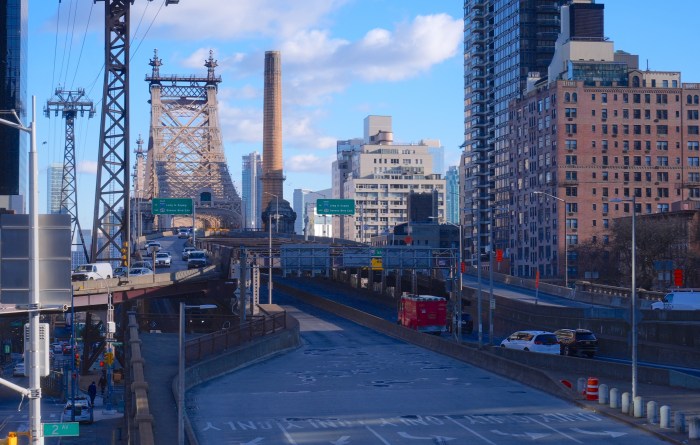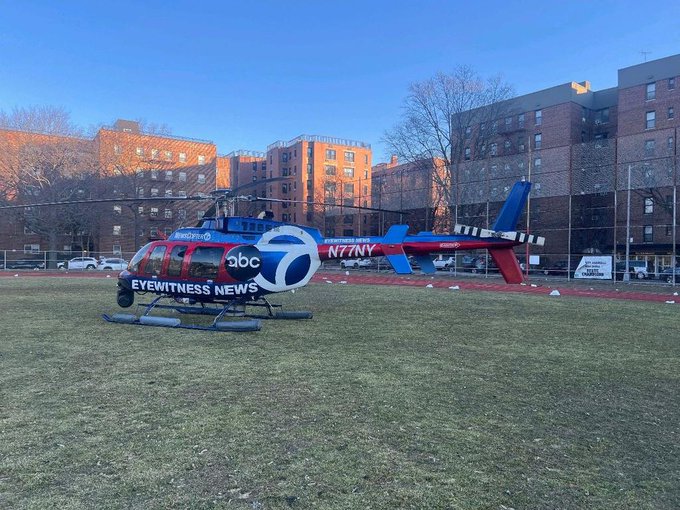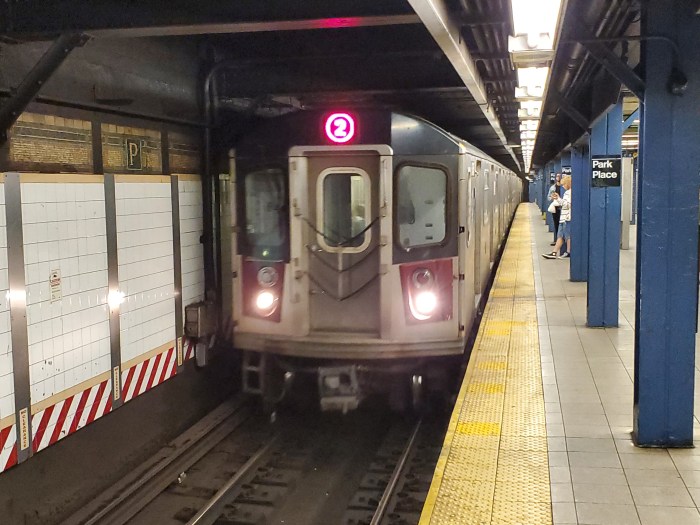With 83 transit worker deaths in the Metropolitan Transportation Authority, the monthly board meeting on Wednesday was dominated by a comprehensive assessment of loss that included finances and progress.
With the Transformation Plan on hold, a reading of the names of COVID-19 fatalities in the organization and a reiteration of the massive financial hemorrhage from up to 92% ridership loss on subways and other dedicated revenue.
A 60-day hold on capital projects will affect over 20 ADA accessibility projects as well as the $50 million Rutgers Tube for the F train rehabilitation project for Sandy-related damage, Chief Development Officer Janno Lieber explained in the meeting.
“No decisions have been made about any permanent cancellation or delay of any particular element of the 2020-2024 capital program. There is however, a full-scale hold on advancing all projects and all new projects until we see what comes out of Washington and how it affects our financial picture,” Lieber said.
As of the Wednesday meeting, the additional $3.9 billion being requested from the federal government through stimulus still stands as a primary need for the MTA to continue service while moving improvement projects ahead, according to Chief Financial Officer Robert Foran.
But the CARES Act and future stimulus funds are not the only resources for the MTA at this time.
“The state has responded in providing us with temporary access to capital funding for operating relief through the end of 2021 and it has authorized the MTA to issue up to $10 billion in deficit financing bonds,” Foran said. “Deficit financing is something we definitely do not want to use but is an important tool to have available.”
The board ratified family benefits for workers who die from COVID-19 to $500,000 for the duration of the pandemic which could payout up to $41.5 million as the agency’s death toll currently stands.
Other funding that could be available through the Federal Transit Administration’s Emergency Relief Program an aspect that MTA Chair Pat Foye said the authority had been briefed on and that nothing was off the table.
But ultimately, he did not want anything gained through other federal programs to detract from the demand for $3.9 billion in stimulus funds.
“I don’t want [the emergency relief program], which is an important program, to detract or draw attention away from the $3.9 billion ask which I outta note has enjoyed bipartisan support in the New York Congressional Delegation and newspaper endorsements,” Foye said. “But every available federal grant program that the MTA is eligible for with respect to the pandemic we intend to access.”
An MTA spokesman said that grants through the FTA is not new funding and would not help the state agency out of the current liquidity crisis that it’s in from COVID-19.
The public comment period of the monthly meeting was a departure from the usual in that the majority of speakers were mostly political and union leaders such as state Senate Majority Leader Andrea Stewart-Cousins, Assembly Speaker Carl Heastie, and state Senator Leroy Comrie.
The message across the board shared by elected leaders and advocates gave thanks to transit workers, who have suffered disproportionately in the epidemic, and asked for the federal government to invest heavily in the MTA to promote economic regrowth.






































